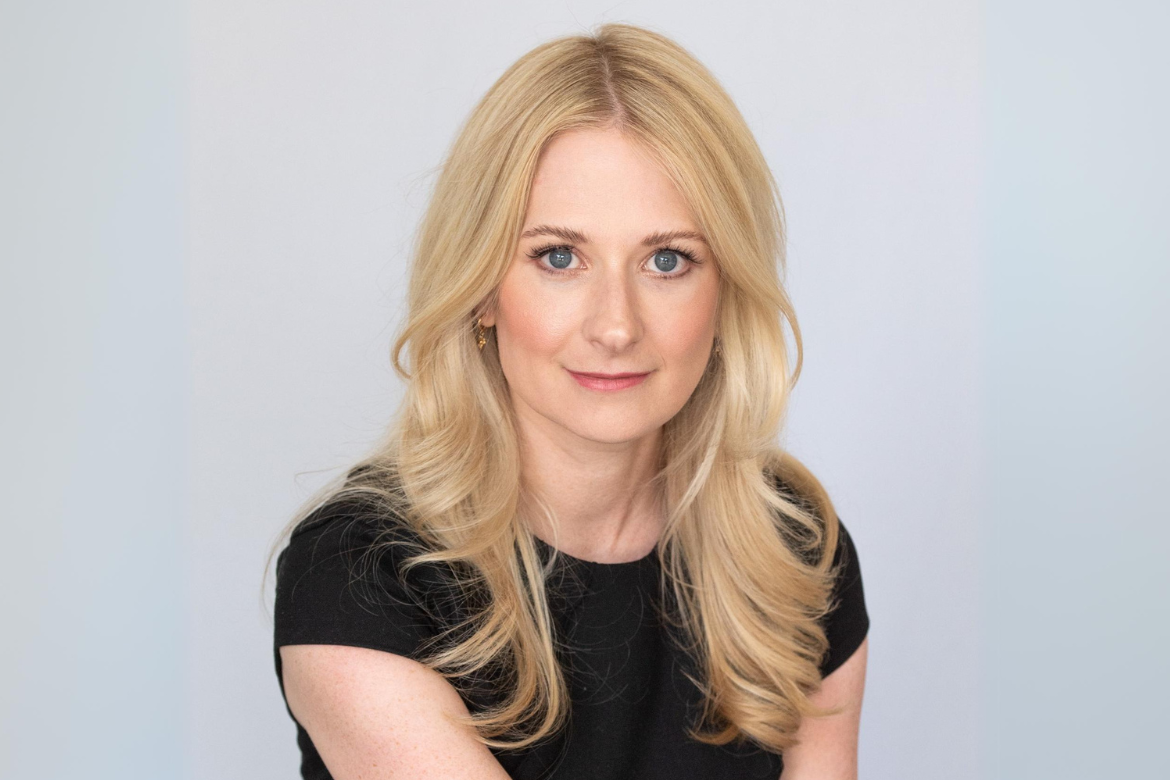617
Home Employment LawCOVID-19 layoffs and constructive dismissal: Tatha Swann breaks down recent rulings

HR News Canada is an independent source of workplace news for human resources professionals, managers, and business leaders. Published by North Wall Media.




